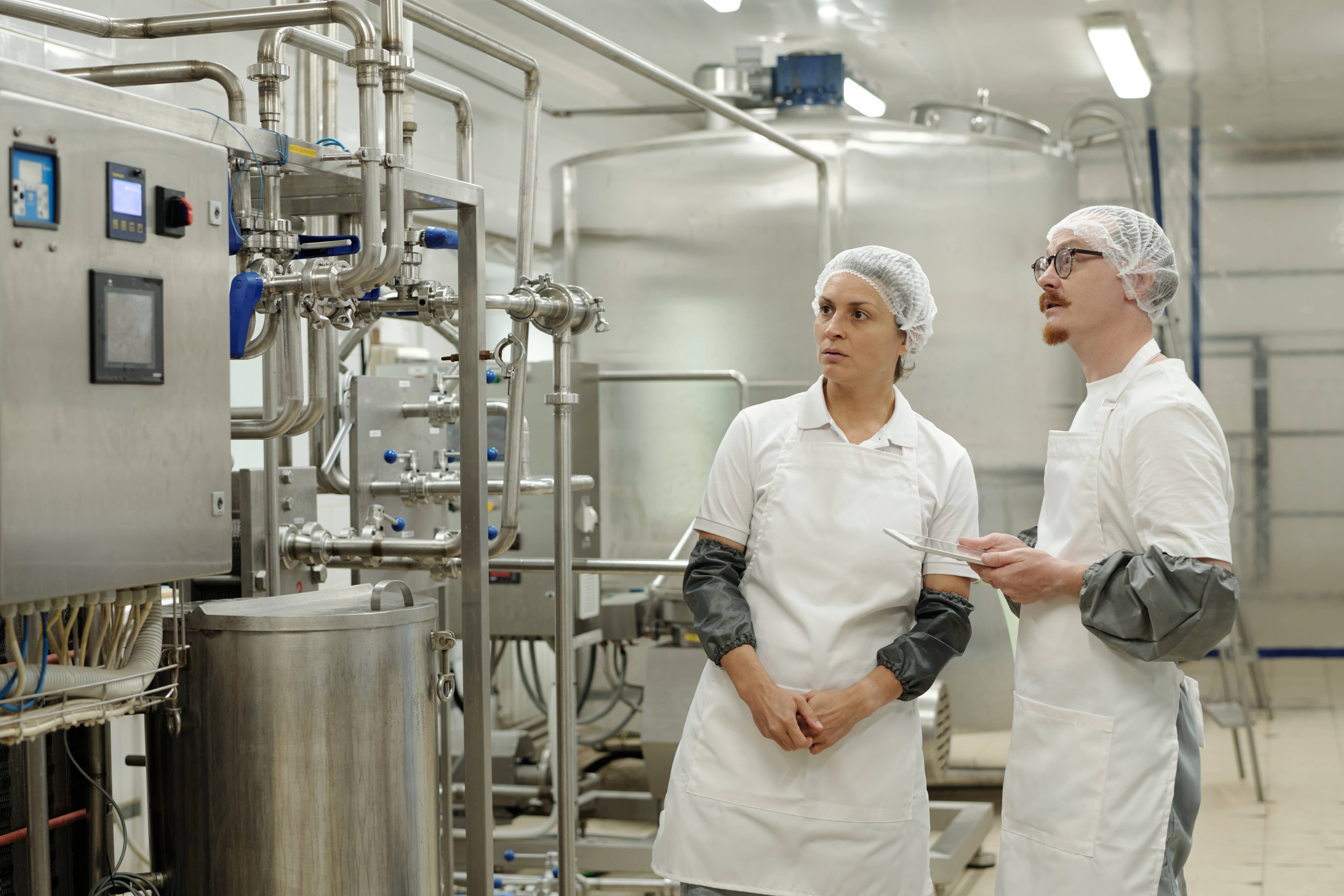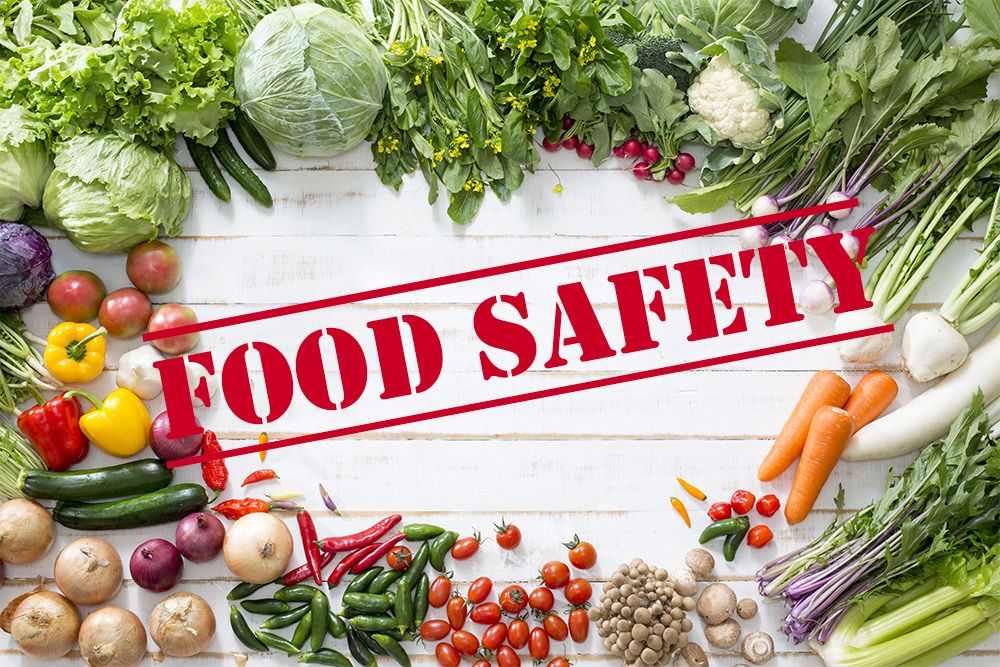The global food and beverage industry is changing at break-neck speed. Supply chains stretch across continents, consumer expectations for transparency are rising, and regulators tighten standards after every high-profile recall. In this environment, professionals who can guarantee both safety and consistency are no longer a luxury—they are mission-critical. If you want to stand out, level up your skills, and future-proof your résumé, enrolling in food safety and quality assurance courses is one of the smartest moves you can make.
Why Employers Value Food Safety Expertise
Food producers and hospitality brands live under the constant threat of foodborne illness outbreaks. A single incident can destroy brand reputation, invite costly litigation, and erode consumer trust that took years to build. For this reason, companies aggressively recruit talent with a solid grasp of Hazard Analysis and Critical Control Points (HACCP), ISO 22000, and Good Manufacturing Practices (GMP). They need professionals who can design preventive controls, interpret lab results, and lead audits with confidence. Completing reputable food safety and quality assurance courses signals that you possess these in-demand competencies.

Core Skills You’ll Gain from Specialized Courses
- Hazard Recognition and Risk Assessment
Understanding biological, chemical, and physical hazards is foundational. Courses teach you to identify critical control points and establish monitoring procedures that keep contaminants out of the food chain.
- Quality Management Systems
Beyond safety, quality assurance focuses on sensory attributes, labeling accuracy, and shelf stability. You’ll learn how to create standard operating procedures (SOPs), perform root-cause analyses, and apply statistical process control.
- Regulatory Compliance
From India’s FSSAI regulations to global standards like Codex Alimentarius and the FDA’s Food Safety Modernization Act (FSMA), curricula cover how to stay compliant in multiple jurisdictions.
- Audit and Inspection Techniques
Whether you work in manufacturing, catering, or retail, audits are inevitable. Training programs teach systematic approaches to internal inspections and prepare you for third-party or government audits.
- Traceability and Recall Management
In an era of blockchain and big data, traceability isn’t optional. Courses show you how to implement digital tracking systems, document corrective actions, and execute recalls swiftly if needed.
The Power of a Recognized Food Safety Certificate
Course completion usually culminates in a food safety certificate, a credential that carries weight in job interviews, compliance checks, and tender bids. Hiring managers use it as an immediate benchmark for capability. Many procurement contracts now require key personnel to hold current certifications before a plant can even bid for work.
A credible certificate acts as:
- Proof of Competence – Demonstrates mastery of critical topics.
- Global Passport – Opens doors to roles in multinational corporations and export-oriented facilities.
- Legal Safeguard – Helps organizations show “due diligence” in staff training, reducing liability if issues arise.
- Promotion Catalyst – Increases your eligibility for supervisory roles and salary bumps.
Who Should Enroll?
- Recent Graduates in Food Science are eager to specialize and fast-track their entry into industry.
- Working Professionals in production, quality, or hospitality aiming for managerial positions.
- Entrepreneurs and Start-Ups wanting to meet certification requirements quickly.
- Regulatory or Public Health Officers need deeper insight into industrial best practices.

Choosing the Right Course for Your Goals
- Check Accreditation
Ensure the program aligns with recognized schemes—HACCP Alliance, ISO, FSSAI–approved providers, or international universities.
- Consider the Mode of Delivery
Online modules offer flexibility, while in-person workshops provide hands-on practice. Hybrid options are ideal for busy professionals who still want lab sessions.
- Evaluate Curriculum Depth
Introductory workshops might cover only the basics. Advanced diplomas delve into microbiology, validation studies, and supply-chain risk modeling. Match course depth to your career stage.
- Look for Industry Partnerships
Programs that include guest lecturers from major food brands or internships allow you to network and gain real-world exposure.
- Review Assessment Methods
A rigorous final exam or project validates your learning better than attendance certificates alone.
Real-World Career Outcomes
- Quality Assurance Manager – Leading preventive controls, coordinating third-party audits, and maintaining ISO certifications.
- Food Safety Specialist – Designing HACCP plans, conducting risk analyses, and writing verification reports.
- Regulatory Affairs Officer – Interpreting regional laws, filing product approvals, and managing label compliance.
- Supply-Chain Auditor – Evaluating supplier facilities across the globe to ensure adherence to safety and quality benchmarks.
- Consultant or Trainer – Advising small businesses, hotels, and cloud kitchens on sanitation, allergen control, and documentation.
A survey by the Global Food Safety Initiative (GFSI) found that professionals with validated food-safety training earned up to 20 % more than peers without formal credentials. Clearly, an investment in food safety and quality assurance courses can yield significant returns.
Maximizing the Benefits of Your Training
- Apply Knowledge Immediately – Volunteer for cross-functional projects at work to reinforce new skills.
- Document Achievements – Keep copies of certificates, audit scores, and SOPs you developed to showcase during appraisals.
- Stay Current – Regulations evolve. Schedule refreshers every 2–3 years to keep your food safety certificate valid and relevant.
- Network Actively – Join professional bodies, attend webinars, and participate in forums to exchange best practices.
The Future of Food Safety Education
Emerging trends such as digital traceability, AI-driven hazard prediction, and sustainability audits are reshaping course content. Expect modules on blockchain verification, climate risk assessments, and plant-based product safety to enter mainstream curricula. Continuous learning will remain a career imperative.
Conclusion
Securing or advancing a role in the food industry requires more than passion for cuisine or efficiency; it demands proficiency in safeguarding public health and brand integrity. By enrolling in food safety and quality assurance courses, you acquire the scientific knowledge, regulatory insight, and practical skills that employers desperately need. A recognized food safety certificate validates your expertise, enhances your professional credibility, and positions you for leadership opportunities in a sector where trust is everything.
In India, organizations such as FICSI (Food Industry Capacity & Skill Initiative) collaborate with accredited training providers to ensure that the courses you choose meet international benchmarks. Completing a FICSI-endorsed program not only equips you with cutting-edge skills but also assures employers that your credential is grounded in the highest industry standards. Invest in your education today—your career, your employer, and ultimately the consumer will reap the rewards of safer, higher-quality food tomorrow.
